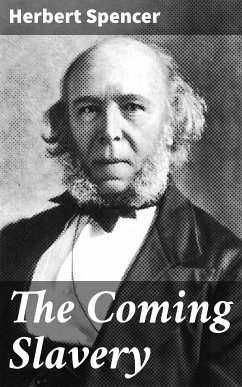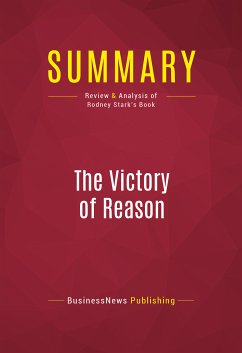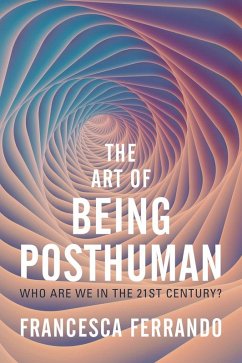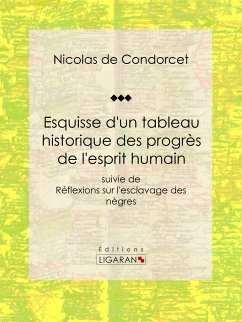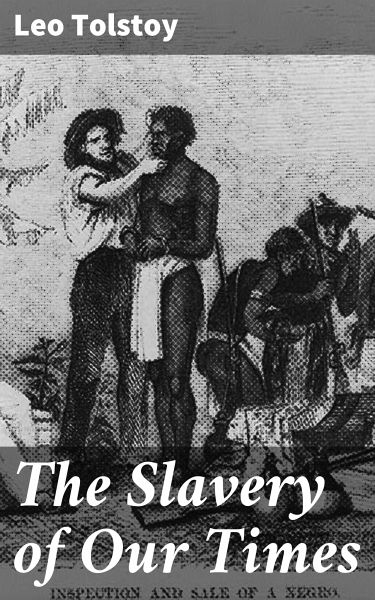
The Slavery of Our Times (eBook, ePUB)
Breaking Free from Societal Constraints and Embracing True Freedom: A Philosophical Exploration by a Russian Literary Icon
Versandkostenfrei!
Sofort per Download lieferbar
1,99 €
inkl. MwSt.
Weitere Ausgaben:

PAYBACK Punkte
0 °P sammeln!
In "The Slavery of Our Times," Leo Tolstoy presents a scathing critique of the socioeconomic injustices that permeate 19th-century Russian society. Through a combination of essays and reflections, Tolstoy employs a poignant literary style characterized by incisive language and moral urgency. Exploring themes of materialism, exploitation, and the ethical responsibilities of individuals, he vividly illustrates how societal structures ensnare people in a form of economic servitude, even when legal slavery has been abolished. Tolstoy'Äôs work resonates within the context of his broader philosoph...
In "The Slavery of Our Times," Leo Tolstoy presents a scathing critique of the socioeconomic injustices that permeate 19th-century Russian society. Through a combination of essays and reflections, Tolstoy employs a poignant literary style characterized by incisive language and moral urgency. Exploring themes of materialism, exploitation, and the ethical responsibilities of individuals, he vividly illustrates how societal structures ensnare people in a form of economic servitude, even when legal slavery has been abolished. Tolstoy'Äôs work resonates within the context of his broader philosophy of nonviolent resistance and ethical living, urging readers to confront their complacency in a flawed system. Tolstoy, a prominent figure of the Russian literary canon, was deeply influenced by his experiences as a landowner and his evolving views on morality, simplicity, and spirituality. His own existential inquiries and commitment to social justice fueled his desire to challenge the status quo, transforming him into a pioneering voice advocating for the oppressed. The philosophical and ethical dimensions of his life are undeniably reflected in this compelling work, as he grapples with the moral implications of wealth and power. This book is essential reading for anyone interested in social justice, ethics, and the responsibilities of individuals in society. It invites readers to reflect on their role within contemporary systems of power and to consider Tolstoy's urgent call for a more humane world, making it a timeless commentary that remains relevant today.
Dieser Download kann aus rechtlichen Gründen nur mit Rechnungsadresse in A, B, BG, CY, CZ, D, DK, EW, E, FIN, F, GR, H, IRL, I, LT, L, LR, M, NL, PL, P, R, S, SLO, SK ausgeliefert werden.




